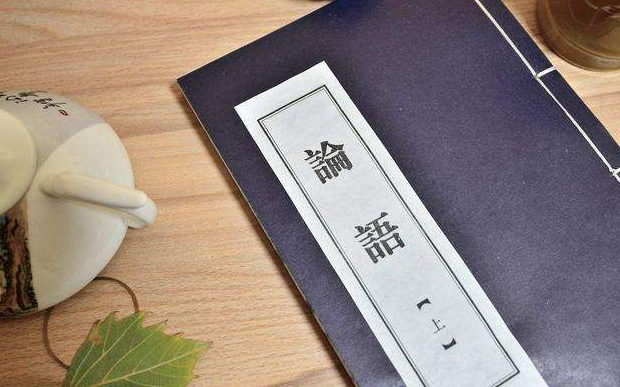Confucius sat with him, and questioned him,
孔子与之坐而问焉,
"What," said he! "is your master engaged in?" The messenger replied, "My master is anxious to make his faults few, but he has not yet succeeded." He then went out, and the Master said:
曰:“夫子何为?”对曰:“夫子欲寡其过而未能也。”使者出,子曰:
"A messenger indeed! A messenger indeed!"
“使乎!使乎!”
The Master said, "He who is not in any particular office has nothing to do with plans for the administration of its duties."
子曰:“不在其位,不谋其政。”
The philosopher Tsang said, "The superior man, in his thoughts, does not go out of his place."
曾子曰:“君子思不出其位。”
The Master said, "The superior man is modest in his speech, but exceeds in his actions."
子曰:“君子耻其言而过其行。”

The Master said, "The way of the superior man is threefold, but I am not equal to it.
子曰:“君子道者三,我无能焉。
Virtuous, he is free from anxieties; wise, he is free from perplexities; bold, he is free from fear."
仁者不忧,知者不惑,勇者不惧。”
Tsze-kung said, "Master, that is what you yourself say."
子贡曰:“夫子自道也。”
Tsze-kung was in the habit of comparing men together. The Master said, "Tsze must have reached a high pitch of excellence! Now, I have not leisure for this."
子贡方人,子曰:“赐也贤乎哉?夫我则不暇。”
The Master said, "I will not be concerned at men's not knowing me; I will be concerned at my own want of ability."
子曰:“不患人之不己知,患其不能也。”



